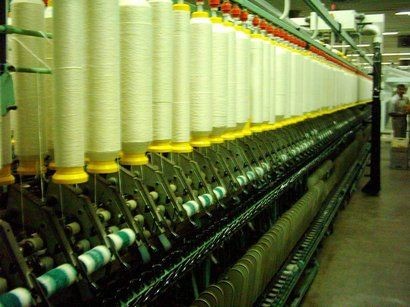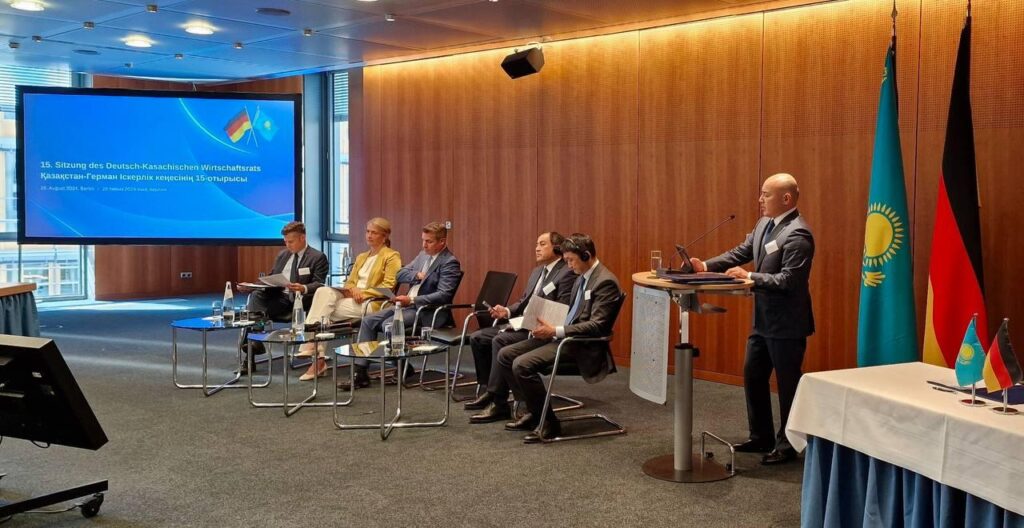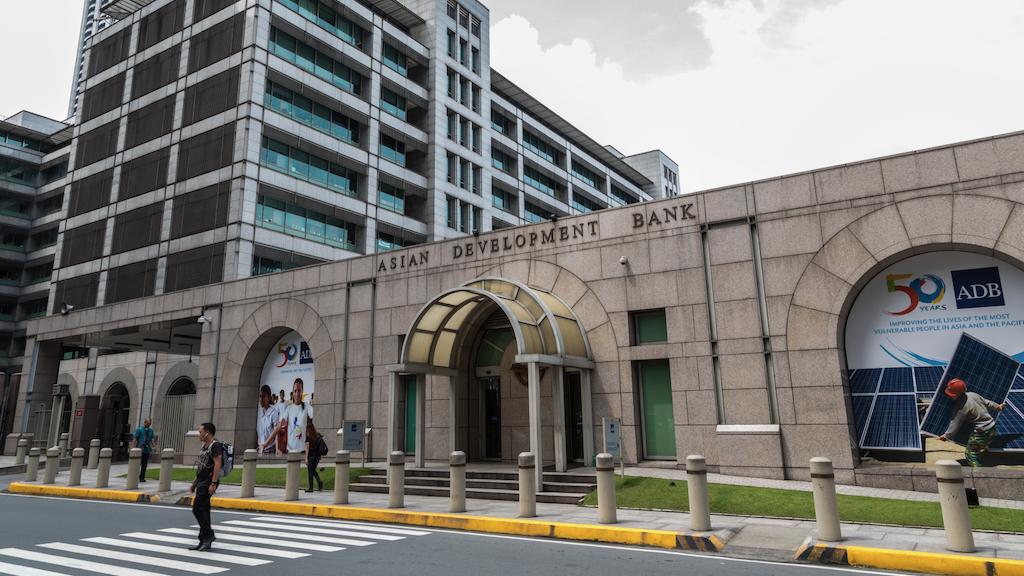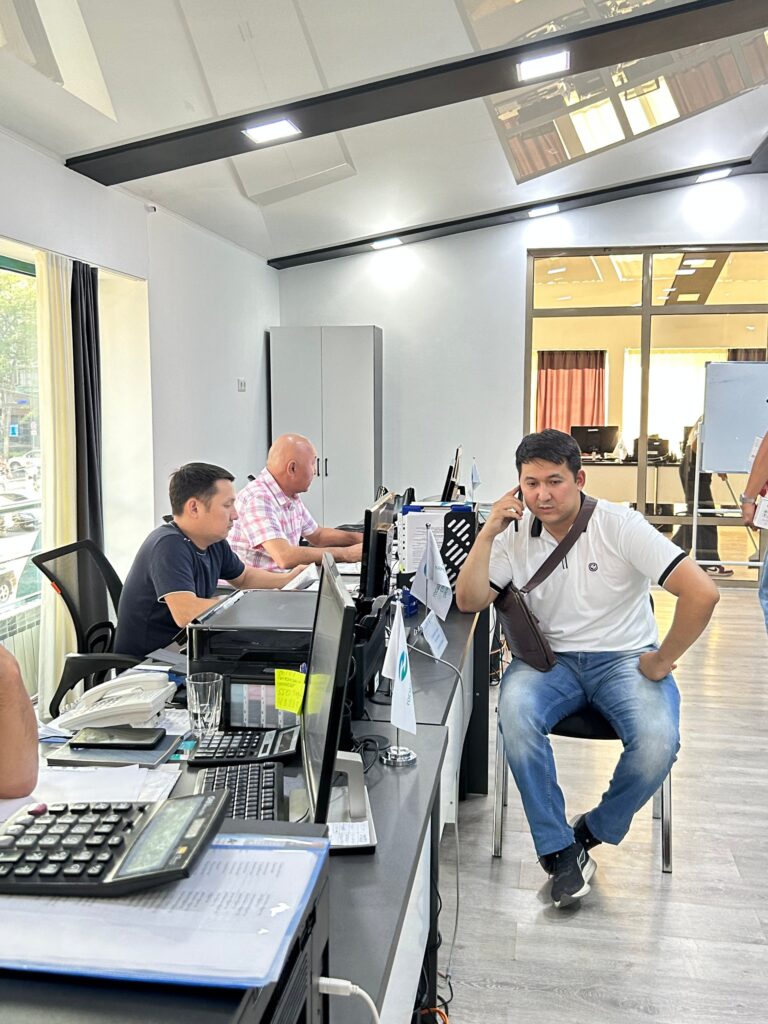TASHKENT (TCA) — In Uzbekistan, the estimated effect of import substitution reached $2.1 billion in 2016, the official Jahon information agency reported with reference to the country’s Economy Ministry.
According to the ministry, Uzbekistan’s enterprises last year began manufacturing more than 80 new types of industrial products. They produced localized goods to a total of 6.14 trillion soums in 2016, a 1.5-fold increase compared to the previous year.
Production of import substituting products grew in various sectors, including textile, clothes and leather goods (11.7% growth), food, beverages and tobacco products (10.8%), pharmaceuticals (23.9%), chemical products, rubber and plastic products (29.7%).
Domestic industries gradually enhance the level of processing of local raw materials and expand the range of finished consumer goods.
It was also reported that in the next three years, Uzbekistan plans to implement 1,100 projects on localization of production inside the country, 600 of which will be completely new.
Last December, Uzbekistan updated its production localization program for three years, with a new approach to investment projects with a priority to projects in remote areas and areas with state subventions.
In recent years, Uzbekistan has approved eight five-year programs of mineral resources processing. They cover ferrous and nonferrous metallurgy, chemicals and petrochemicals, pharmaceuticals, light and food industries, and some other areas. Over 600 investment projects total $40 billion.
Their implementation will allow increasing industrial production by half, and bringing the share of the manufacturing industry in the gross domestic product from 33.6 to 36 percent by 2021. It is also expected that the share of processing industries in GDP will increase from 80 to 85 percent.









